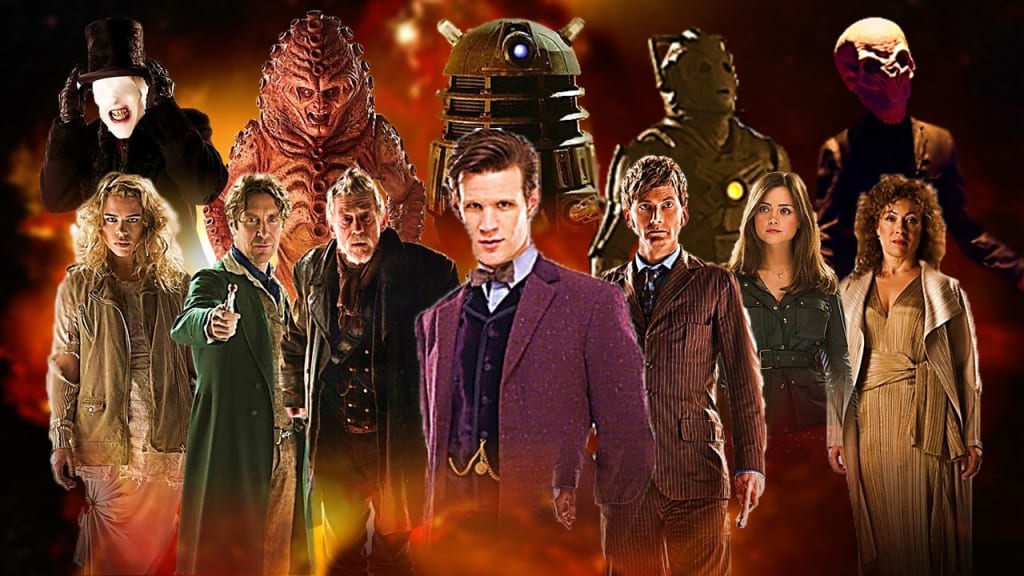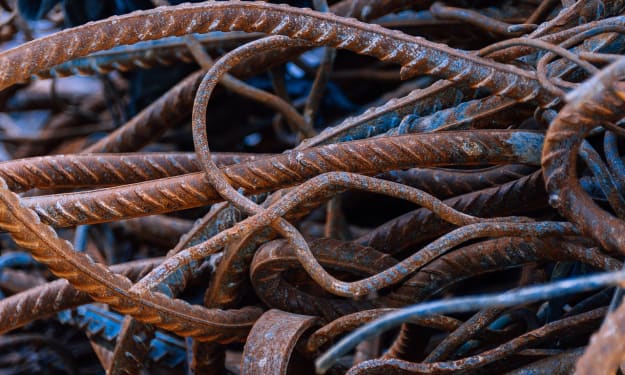
The doctor was again smiling, his eyelids low against the little black pupils, in each of which was a tiny white bead of light. Why answer him? why answer him at all? “At whatever pain to others”—but it was all a nuisance, this necessity for resistance, this necessity for attention: it was as if one had been stood up on a brilliantly lighted stage, under a great round blaze of spotlight; as if one were merely a trained seal, or a performing dog, or a fish, dipped out of an aquarium and held up by the tail. It would serve them right if he were merely to bark or growl. And meanwhile, to miss these last few precious hours, these hours of which each minute was more beautiful than the last, more menacing—? He still looked, as if from a great distance, at the beads of light in the doctor’s eyes, at the fixed false smile, and then, beyond, once more at his mother’s slippers, his father’s slippers, the soft flutter of the fire. Even here, even amongst these hostile presences, and in this arranged light, he could see the snow, he could hear it—it was in the corners of the room, where the shadow was deepest, under the sofa, behind the half-opened door which led to the dining-room. It was gentler here, softer, its seethe the quietest of whispers, as if, in deference to a drawing-room, it had quite deliberately put on its “manners”; it kept itself out of sight, obliterated itself, but distinctly with an air of saying, “Ah, but just wait! Wait till we are alone together! Then I will begin to tell you something new! Something white! something cold! something sleepy! something of cease, and peace, and the long bright curve of space! Tell them to go away. Banish them. Refuse to speak. Leave them, go upstairs to your room, turn out the light and get into bed—I will go with you, I will be waiting for you, I will tell you a better story than Little Kay of the Skates, or The Snow Ghost—I will surround your bed, I will close the windows, pile a deep drift against the door, so that none will ever again be able to enter. Speak to them! . . .” It seemed as if the little hissing voice came from a slow white spiral of falling flakes in the corner by the front window — but he could not be sure. He felt himself smiling, then, and said to the doctor, but without looking at him, looking beyond him still— “Oh no, I think not—” “But are you sure, my boy?”
He felt himself smiling again, at the notion of bing quite sure. What a joke! As if he weren’t so sure that reassurance was no longer necessary, and all this cross-examination a ridiculous farce, a grotesque parody! What could they know about it? these gross intelligences, these humdrum minds so bound to the usual, the ordinary? Impossible to tell them about it! Why, even now, even now, with the proof so abundant, so formidable, so imminent, so appallingly present here in this very room, could they believe it?—could even his mother believe it? No—it was only too plain that if anything were said about it, the merest hint given, they would be incredulous—they would laugh—they would say “Absurd!”—think things about him which weren’t true. . . .
He looked then straight at the doctor’s low-lidded eyes, looked from one of them to the other, from one bead of light to the other, and gave a little laugh.
The doctor seemed to be disconcerted by this. He drew back in his chair, resting a fat white hand on either knee. The smile faded slowly from his face.
“Well, Paul!” he said, and paused gravely, “I’m afraid you don’t take this quite seriously enough. I think you perhaps don’t quite realize—don’t quite realize—” He took a deep quick breath, and turned, as if helplessly, at a loss for words, to the others. But Mother and Father were both silent—no help was forthcoming.
“You must surely know, be aware, that you have not been quite yourself, of late? don’t you know that? . . .”
It was amusing to watch the doctor’s renewed attempt at a smile, a queer disorganized look, as of confidential embarrassment.
This was a direct challenge—and would have to be directly met. But before he met it, he looked again into the corner by the door, as if for reassurance. He smiled again at what he saw, at what he heard. The little spiral was still there, still softly whirling, like the ghost of a white kitten chasing the ghost of a white tail, and making as it did so the faintest of whispers. It was all right! If only he could remain firm, everything was going to be all right.
He laughed a third time—but this time, happening to glance upward towards his mother’s face, he was appalled at the effect his laughter seemed to have upon her. Her mouth had opened in an expression of horror. . . . This was too bad! Unfortunate! He had known it would cause pain, of course—but he hadn’t expected it to be quite so bad as this. Perhaps — perhaps if he just gave them a tiny gleaming hint—?
“What on earth 1” This was his father’s voice. The brown slippers came a step nearer on the hearth-rug.
This he said almost angrily, for he felt that they were trying to corner him. He turned sideways so as no longer to face the doctor, and the better to see the inch of blackness between the window-sill and the lowered curtain,—the cold inch of beckoning and delicious night. At once he felt better, more assured.
“Don’t you think this thing ought to be gone into thoroughly, and now?” This was Father’s voice. The brown slippers again came a step nearer, the voice was the well-known “punishment” voice, resonant and cruel.
Quite suddenly, everyone was silent. And without precisely facing them, nevertheless he was aware that all three of them were watching him with an extraordinary intensity —staring hard at him—as if he had done something monstrous, or was himself some kind of monster. He could hear the soft irregular flutter of the flames; the cluck-click-cluck-click of the clock; far and faint, two sudden spurts of laughter from the kitchen, as quickly cut off as begun; a murmur of water in the pipes; and then, the silence seemed to deepen, to spread out, to become worldlong and worldwide, to become timeless and shapeless, and to center inevitably and rightly, with a slow and sleepy but enormous concentration of all power, on the beginning of a new sound. What this new sound was going to be, he knew perfectly well. It might begin with a hiss, but it would end with a roar—there was no time to lose—he must escape. It mustn’t happen here— Without another word, he turned and ran up the stairs.
Not a moment too soon. The darkness was coming in long white waves. A prolonged sibilance filled the night— a great seamless seethe of wild influence went abruptly across it—a cold low humming shook the windows. He shut the door and flung off his clothes in the dark. The bare black floor was like a little raft tossed in waves of snow, almost overwhelmed, washed under whitely, up again, smothered in curled billows of feather. The snow was laughing: it spoke from all sides at once: it pressed closer to him as he ran and jumped exulting into his bed.
“Listen to us!” it said. “Listen! We have come to tell you the story we told you about. You remember? Lie down. Shut your eyes, now—you will no longer see much —in this white darkness who could see, or want to see? We will take the place of everything. . . . Listen—”
A beautiful varying dance of snow began at the front of the room, came forward and then retreated, flattened out toward the floor, then rose fountain-like to the ceiling, swayed, recruited itself from a new stream of flakes which poured laughing in through the humming window, advanced again, lifted long white arms. It said peace, it said remoteness, it said cold—it said—
But then a gash of horrible light fell brutally across the room from the opening door—the snow drew back hissing— something alien had come into the room—something hostile. This thing rushed at him, clutched at him, shook him—and he was not merely horrified, he was filled with such a loathing as he had never known. What was this? this cruel disturbance? this act of anger and hate? It was as if he had to reach up a hand toward another world for any understanding of it,—an effort of which he was only barely capable.
But of that other world he still remembered just enough to know the exorcising words. They tore themselves from his other life suddenly—
“Mother! Mother! Go away! I hate you!”
And with that effort, everything was solved, everything became all right: the seamless hiss advanced once more, the long white wavering lines rose and fell like enormous whispering sea-waves, the whisper becoming louder, the laughter more numerous.
About the Creator
Enjoyed the story? Support the Creator.
Subscribe for free to receive all their stories in your feed. You could also pledge your support or give them a one-off tip, letting them know you appreciate their work.





Comments
There are no comments for this story
Be the first to respond and start the conversation.